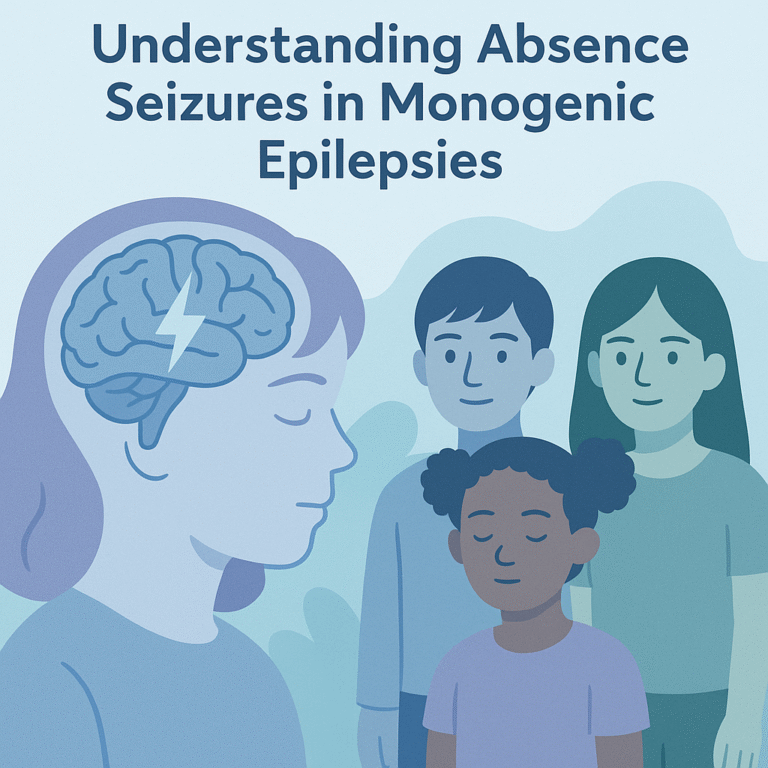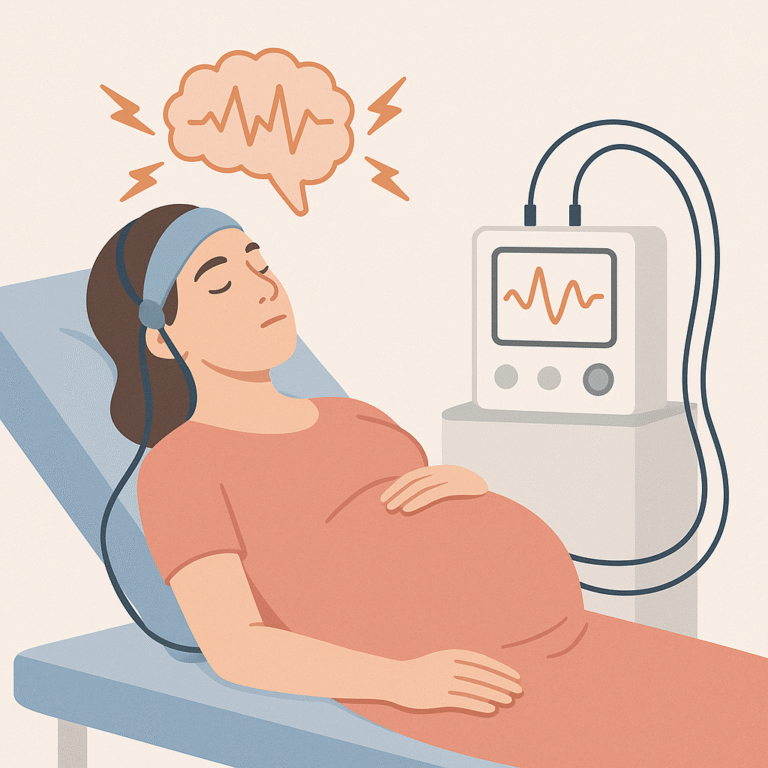Improving Diagnosis of Late-Onset Epilepsy in Italy
Source: Epilepsia open
Summary
This study focused on late-onset epilepsy (LOE), which occurs in people over the age of 50, and the challenges in diagnosing its causes. Researchers surveyed neurologists from 65 epilepsy centers across Italy to understand how they diagnose and treat LOE and cases where the cause is unknown (LOEU). The goal was to gather insights that could help create a standardized approach for diagnosing and managing these conditions.
The survey revealed that Italian epileptologists commonly use tests like EEGs (electroencephalograms) and MRIs (magnetic resonance imaging) to evaluate patients with LOE. However, in about 20% of cases, the cause of the epilepsy remains unclear, which means more advanced testing may be needed. The most frequently prescribed medications for managing LOE were levetiracetam, lacosamide, and lamotrigine, indicating a consistent treatment approach among the specialists.
Understanding how to better diagnose and treat late-onset epilepsy is important because it can help improve patient care. The study highlights the need for more research and standardized guidelines, especially for cases where the cause is not known. However, the findings are limited to Italian centers, so more studies in different regions or countries may be necessary to confirm these results and develop broader recommendations.
Free: Seizure First Aid Quick Guide (PDF)
Plus one plain-language weekly digest of new epilepsy research.
Unsubscribe anytime. No medical advice.





